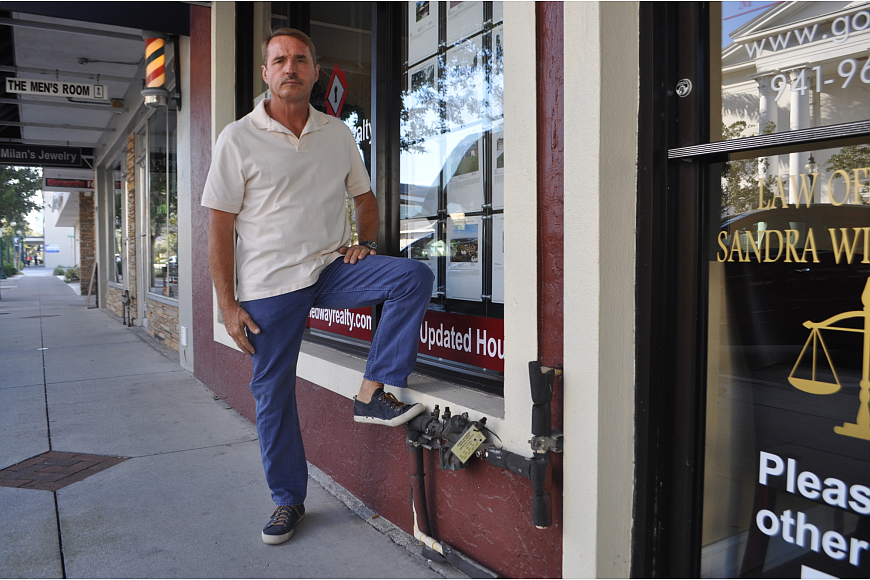- December 13, 2025
-
-
Loading

Loading

A campaign to get the city to reconsider a water safety policy failed to affect any change, for the City Commission declined to revise its regulations regarding backflow preventers Monday.
The city currently requires all nonresidential property owners to install the devices, designed to prevent foreign substances from entering the public water supply.
Devin Rutkowski, the owner of several residential Sarasota properties, argued the backflow preventers were cluttering Main Street, St. Armands Circle and other retail areas. He said these districts don’t pose a threat to the water supply, pointing to state regulations that only require the devices for particularly hazardous businesses.
Organizations such as the Downtown Improvement District shared Rutkowski’s concerns, asking the city to reconsider its position. The commission was unmoved, voting unanimously to keep the policy.
Mitt Tidwell, the city’s utilities director, said the city believes even seemingly low-risk businesses should have the devices.
“Think about a bookstore — you’re just going to think in their day-to-day activity of selling books, there’s not going to be much need for a backflow preventer,” Tidwell said. “But then if you think back to their mop bucket and garden hose when they’re cleaning the floor, they can create an illegal cross-connection.”
Although Mayor Willie Shaw acknowledged the city’s policy is more stringent than state law requires, he said he would rather err on the side of being overly cautious.
“It’s better to have an ounce of a prevention rather than have a pound of cure,” Shaw said. “I would go along with what we’re doing.”